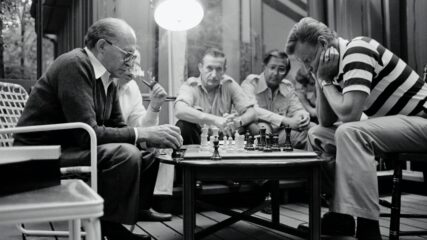Transcripts of interviews with witnesses and participants in history, of expert observations from retrospective conferences examining key events and concepts in Israel's development, and of CIE webinars and workshop sessions

As a political activist, Rabbi Avi Weiss recollects with keen candor the incidents from 1978 to 1980 in which he personally confronted President Jimmy Carter for what he viewed as his definitive anti-Israeli comments and actions.

In writing history, documents and primary texts are reliably accurate. Veracity can emerge by crosschecking sources. However, if all we have is one shard of pottery from the second temple period, we must settle for it in isolation as evidence of how the pottery was constructed, its composition, use, etc. Unless of course, we are fortunate enough to have a text that describes the pottery piece, and we have the piece of pottery as evidence. When oral recollections are used to bolster the written text, subtle shades and emphatic dimensions provide colorful detail to historical writing. Unlike written records, oral evidence provides vignettes, opinions, hues, suppositions, and sentiments almost always absent in a document.

December 11, 2024 Professor Meir Litvak, Tel Aviv University, for the Center for Israel Education In this extraordinary review, Professor Meir Litvak unfolds the ideological origins and development of the Iranian regime’s stark hatred of…



